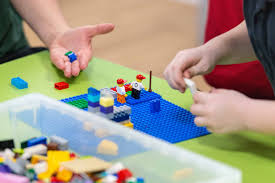Self-Regulation, Emotional and Social Learning
Building Relationships and Play
Rehabilitation Centre for Children: Seminars for Professionals
The Relate Program in the Specialized Communication Resources for Children Program at the Rehabilitation Centre for Children is a parent training program for families whose child has been diagnosed with Autism Spectrum Disorder or Intellectual Disability. The purpose of the program is to give parents and guardians the skills they need to help their child’s social development. Parents and guardians will learn about what it takes to become a guide to their own child. A guiding approach can help to improve the child’s social skills, communication, and their ability to think flexibly and solve problems. The program is developmentally focused and based on Relationship Development Intervention®.
These guiding strategies are equally useful for educators. At least once a year, RCC hosts a seminar on the principles and strategies of Relate for school professionals. The best ways to find out about these seminars is to call and ask, get on the RCC mailing list, or watch the RCC Facebook page for updates.
PLAY Project
PLAY Project is a DIR-Floortime based program. They are in the early stages of offering Teaching PLAY, a seminar for early years teachers wanting to incorporate principles and strategies of developmental autism therapies into the classroom.
Integrated Play Groups
Interested in supporting autistic children’s growth in play with their peers? This research project has developed a program designed to promote socialization, communication, play and imagination in children on the autism spectrum while building relationships with typical peers and siblings through mutually engaging experiences in natural settings. Nothing like this exists in Manitoba as yet, but it would sure be a great opportunity! This post contains a more detailed description.
LEGO Social Skills Groups
A number of people in Manitoba are trained to carry out LEGO social skills groups. It works like a club, in which children begin in small groups where each of them has a role as they build a LEGO project together. The later part of the meeting allows for free LEGO play. The goal is to give children a chance to participate in an activity of shared interest, and to build collaborative skills. H.A.L.E. Autism has offered LEGO groups in the past, and may have information about future opportunities.
Co- And Self-Regulation
 Canadian Self-Regulation Initiative
Canadian Self-Regulation Initiative
The Canadian Self-Regulation Initiative has been established to help parents and educators ‘reframe’ a child’s behaviour: to understand the reasons why a child might be having trouble paying attention, ignoring distractors, inhibiting his impulses, modulating his emotions, and overall, maintaining a state of being calmly focused and alert. In far too many cases the problem lies in the excessive levels of stress that the child is struggling with. For more information and resources read our review and summary of Calm, Alert and Learning or go to:
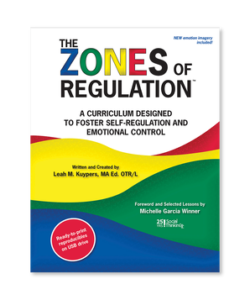 Zones of Regulation
Zones of Regulation
Created for all children, Zones of Regulation is a curriculum and set of lesson plans to teach children how to recognize and manage their emotions. It pays particular attention to sensory input, which is very helpful for most kids on the spectrum. Additional learning materials/visuals to complement the book’s already extensive suggestions are easy to find on Teachers Pay Teachers.
The Incredible 5 Point Scale
In this must-have resource, the authors share their successful use of the simple concept of 5-point scales to help students understand and control their emotional reactions to everyday events that might otherwise set in emotion escalating reactions. Whether it is inappropriate touching, obsessions, yelling, hitting or making hurtful statements to classmates, this clearly illustrated book shows how to break down a given behavior and, with the student’s active participation, develop a unique scale that identifies the problem and, just as important, suggests alternative, positive behaviors at each level of the scale. Check out the website for additional ideas.
Teaching Social Skills
Social Stories: The Gray Center
The Gray Center cultivates the strengths of individuals with autism and those who interact with them, and globally promotes social understanding. Our vision is to assist all individuals in the shared challenge of building and maintaining effective social connections. Strategies offered include Carol Gray’s social stories, a system of written supports for children and adolescents in social situations.
Social Thinking
Co-founded by Michelle Garcia Winner, the goal of the Social Thinking organization is to help all kinds of people understand themselves and others to better navigate the social world, foster relationships, and improve their performance at school, at home, and at work. Their materials break down complex social concepts (like perspective taking) into understandable and doable parts that can be applied in any setting, with anyone who has a need to learn more about expected patterns of social interaction.
Books for Children About Mental Health and Neurodiversity
Books and stories are a wonderful way to spark conversations and frame new perspectives. They help kids feel less alone, helping them better understand themselves, each other, and our complicated world. A Novel Mind is a website for exploring children’s literature to find the right book to help in the right time.
For a list of books containing autistic and neurodiverse characters, the website Not An Autism Mom has compiled 100-ish Inclusive Children’s Books.
Book Recommendations for Teachers:





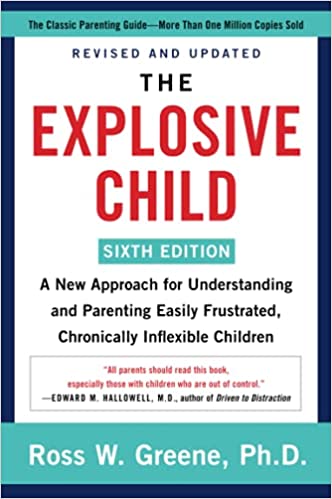

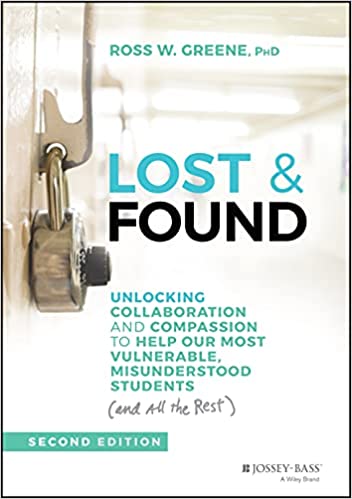

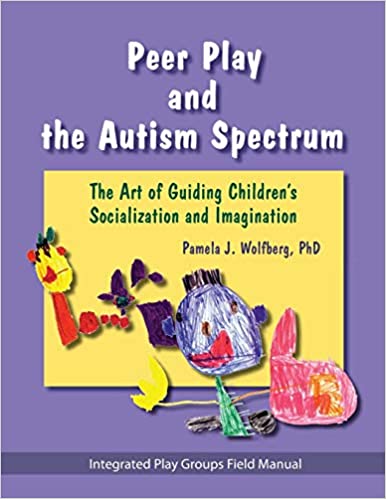
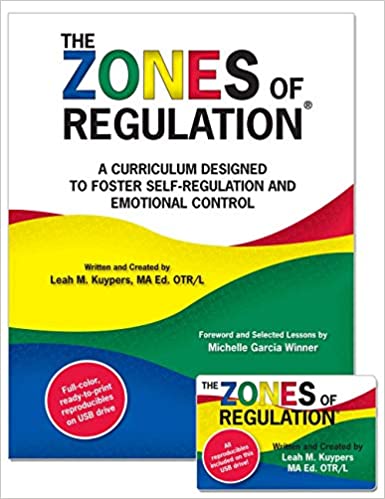



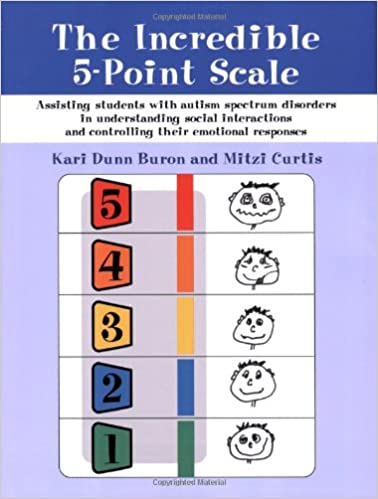


- Declarative Language Handbook and The Co-Regulation Handbook by Linda K. Murphy
- Beyond Behaviors by Dr. Mona Delahooke
- Ensouling Our Schools by Dr. Jennifer Katz
- Practical Solutions for Stabilizing Students With Classic Autism to Be Ready to Learn: Getting to Go! by Judy Endow
- The Explosive Child, Lost at School and Lost and Found by Dr. Ross Greene
- Avoiding Anxiety in Autistic Children by Dr. Luke Beardon
- Peer Play and the Autism Spectrum by Pamela Wolfberg (review here.)
- Teachers These Days by Jody Carrington and Laurie McIntosh
- Zones of Regulation by Leah M. Kuypers
- Thinking About You, Thinking About Me by Michelle Garcia Winner
- The Incredible 5-Point Scale: Assisting Students With Autism Spectrum Disorders in Understanding Social Interactions and Controlling Their Emotional Responses by Kari Dunn Buron
- The New Social Story Book by Carol Gray
- Building Bridges Through Sensory Integration by Paula Aquilla


